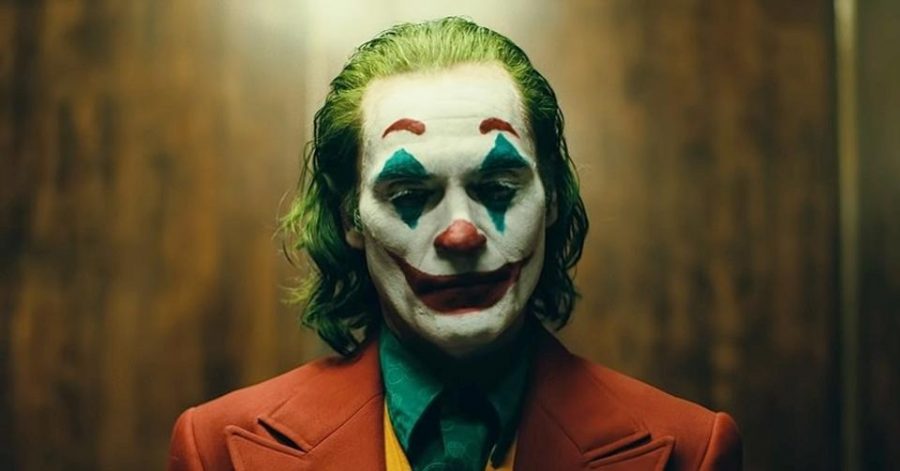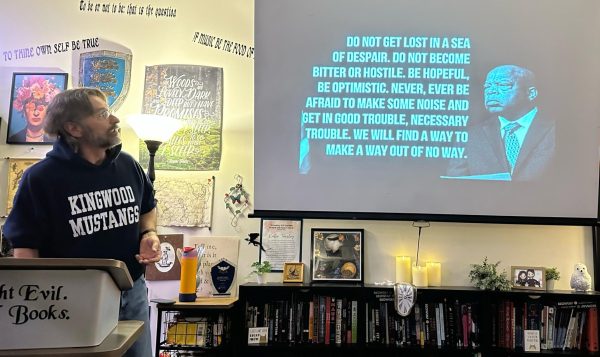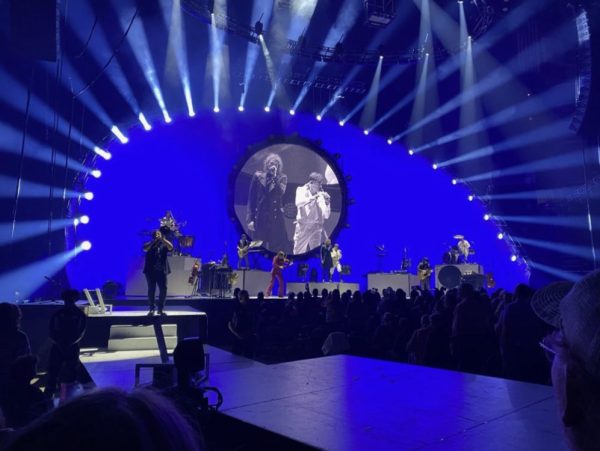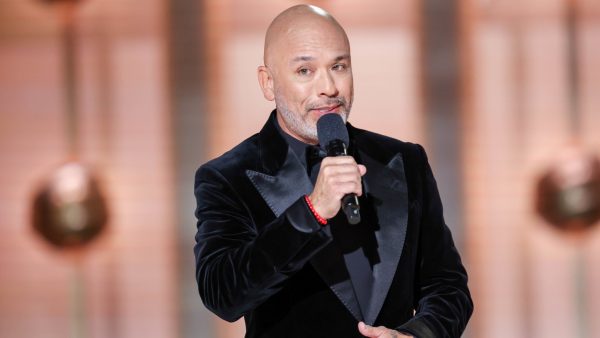Joker: Worth the Watch?
Joaquin Phoenix Goes Full ‘Joker’. “I used to think that my life was a tragedy. But now I realize, it’s a comedy.”- Arthur Fleck (Joker)
Some movies are so good that you watch them twice. Others are so thought-provoking that you have to watch them twice to fully grasp the complexities and nuances of the film. I did watch Joker (2019) twice, partly because I thoroughly enjoyed it and partly because I knew I would gain more insight into the nuances and details of the movie if I watched it a second time. My dad also wanted to watch it with me the second time, so naturally I had to revisit this movie a second time to show him all of the interesting little aspects of the screenplay, cinematography, acting, and much more. Overall, Joker was a well-written movie with brilliant acting by Joaquin Phoenix (The Joker) and an equally well done soundtrack. Many critics of the film walked into it expecting a typical DC superhero/villain type of movie and were thus disappointed to find that Joker is more of a social commentary than a villain feature extraordinaire. As a person who is not super into DC movies or superhero movies in general (I sincerely apologize to all Marvel and DC fanatics), I went into this movie without any real expectations and a largely open mind. Joker is probably one of the only movies where I have actually felt a degree of sympathy for the villain, and although the Joker himself is more of an anti-hero than a complete villain, he certainly commits some seriously atrocious acts throughout the film and the Batman movies. I credit this cultivation of sympathy for the “bad guy” to a combination the thoroughly fleshed out backstory and Joaquin Phoenix’s complex portrayal of the main character. While the screenplay took a slightly non-linear approach to telling the story of the Joker and his trauma-filled childhood and adult life, the writers used a series of flashbacks and took advantage of visual storytelling to really emphasize the horrific and exceedingly melancholy quality of the Joker’s life that created the always laughing anti-hero that he became. This development of the factors contributing to the Joker’s mental illness and the eventual rioting resembling a proletariat revolution that he inadvertently caused serve as the main social commentary that the movie embarks upon. I found many themes pertaining to how social caste divisions and the increased gap between lower and higher classes can often lead to members of the lower class being forgotten, ignored, and pushed to the wayside, ultimately leading to protests and often violent revolts, as well as how people with mental illness often get trapped in a cycle of not receiving proper help, guidance, or medication and thus find themselves never able to lead normal lives because of broken infrastructure and lack of understanding of others around them, especially demonstrated by the impact that isolation, degradation, and social bullying had on Arthur Fleck, the Joker. This social critique aspect of the movie was truly what drew me in because, like I said before, I am not much of a superhero buff, and I believe that making the film one that appeals to both fans of the Batman universe and people who rarely watch them was a well thought out creative choice by the writers.
One of my primary critiques of Joker is that the non-linear structure of the screenplay that included the Joker’s fantasies or imagined scenarios was challenging to follow and understand at first, and it took me about half of the duration of the film to figure out the difference between his imagined scenes and his reality. Once it clicked in my head, however, I was very immersed in the world of the screenplay, and Joker was definitely one of those movies that made me forget that I was simply a viewer/consumer enjoying some good fiction.

Neha Shaw, senior, is ecstatic to bring you Mustang Monthly's first full year! She enjoys putting pins on her bucket hat and snacking on chocolate chip...







